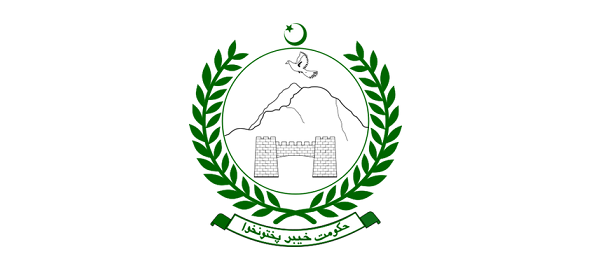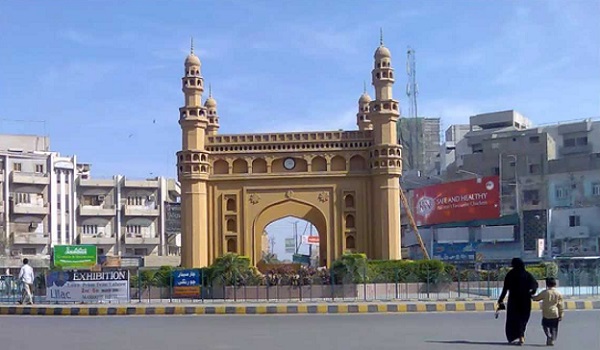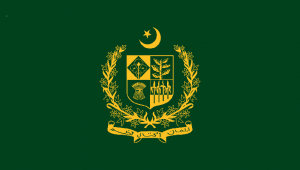Peshawar: Khyber Pakhtunkhwa (KP) is set to receive foreign support worth PKR 1.75 billion from the Italian and Japanese governments for the development of its infrastructural capacity – with a special focus on the Newly-Merged-Tribal-Districts (NMTDs), according to news sources.
An announcement was made in this regard on Monday, revealing the Italian government’s agreement to provide a soft loan of PKR 1.2 billion to facilitate the development of KP’s archaeology department and promote religious tourism in the province. The Italian Ambassador Stefano Pontecorvo made notification of the said loan agreement following his meeting with KP Senior Minister on Tourism Atif Khan.
As per sources, the meeting discussed issues pertaining to bilateral trade between Italy and KP.
The ambassador also revealed Italy’s intention to establish archaeology laboratories in various parts of the province in an effort to secure its historically significant sites. For this end, a special police unit will be set-up and trained to prevent the smuggling of antiquities.
Read: PM vows to develop newly merged tribal districts on priority basis
Minister Atif, in turn, thanked the ambassador for Italy’s generosity. He declared the current, militancy-free situation of the NMTDs to be ideal for luring investor interest; adding that both the federal and provincial governments were geared to promote tourism in KP.
The second tranche of the foreign aid worth PKR 542 million will be provisioned by the Japanese government to build capacity and develop infrastructure for the law enforcement authorities deployed in the NMTDs. An agreement was signed in this regard – again on Monday – by United Nations Development Programme (UNDP) Pakistan Resident Representative Ignacio Artaza and Japanese Embassy’s Charge d’Affaires Yusuke Shindo.
Read:Mega projects planned to promote tourism, youth development in tribal districts
Under the contract, the Japanese government will channel PKR 542 million to build infrastructure and provide training to law enforcement personnel – in an effort to improve the police’s performance profile and efficacy.
This arrangement is also intended to facilitate the realization of the United Nation’s Amn-o-Insaf Programme’s objectives; which aims to strengthen the rule of law and make it accessible to the region’s marginalised communities.








